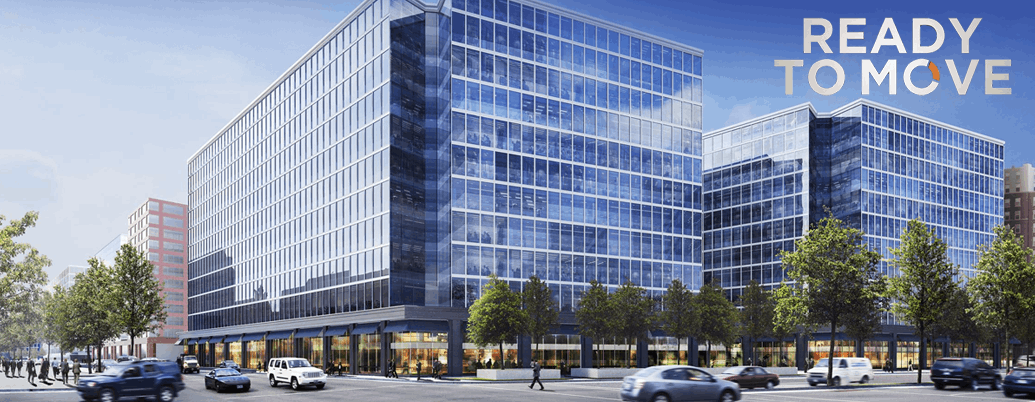In Commercial Property- Ready to move give 5-6% and under construction give 11-12% Return
- By Admin
- Investment Insights
- 27/09/2020

For retail investors, the key considerations for investing into commercial assets should be thorough assessment of their risk appetite, investment horizon and the purpose of investment (rental return, long-term investment and diversification).
In addition, location of the project, micro market performance, project quality (rent, escalation, lock-in period, etc.) and bench marking should be part of the due diligence process. Also, one should see whether the micro market is preferred by a diverse occupier mix or a specific industry. This is particularly useful if the investment is in an upcoming commercial project with no pre-leasing activity.
At the end of the day, it is a trade-off between risk and return. Stable income-generating assets should be preferred for regular income stream needs, while some risk can be considered for upcoming projects based on risk appetite. It's a strict no-no for small investors wanting to buy a small space.
Currently, the Commercial Property Market is on an upswing with strong demand momentum and leased options are at a premium.
Real estate as an asset class created wealth but it has its own complexities in terms of higher ticket sizes, liquidity issues, transparency and maintenance, among others. Compared to the residential market which has been in a tough phase in the last four years, commercial real estate offers better appreciation and rental yields, but it requires financial abilities, sufficient market knowledge and longer holding capacity.
Options available to participate in commercial real estate can be shops, food courts , Multiplex , Restaurants . Retail investors as it addresses the challenge of dealing with a large ticket size as well as transparency. Trust factor which was last since 5-7 Years is slowly building, RERA has come up and there is an authority by the Govt to monitor total real estate sector. Now the right time to invest in under construction and New Launch property.
Before you succumb to the lure of higher rentals in commercial real estate, keep in mind a few factors.
What is your overall allocation to physical assets as compared to financial assets? The former certainly have the disadvantage of illiquidity—use physical assets to meet goals that are at least three years away, so you are not forced into a distress sale to meet your needs. Have you factored in non-occupancy? The rental returns are higher when they are paid; do you have the financial muscle to hold on, when the tenant vacates the premises? Operationally, do you have a system in place to locate new tenants and negotiate terms? Even if you have all the right boxes ticked, how will you protect against the risk of a new centre coming up nearby which has all the facilities of the existing property with a few additional amenities which change the equation completely?
You could go ahead with your investment in commercial real estate after taking into account these factors (and more).
Against a prolonged stillness in the residential real estate market, the commercial assets have been performing well in most major Indian cities in the past couple of years. It's becoming popular among not just institutional and HNI investors, but also increasingly among retail investors. Commercial properties yield 8-10% in major Indian commercial markets depending on factors such as location, demand-supply dynamics, quality of asset and maintenance.
The commercial market is forecast to remain robust with about 35 million sq.ft of average absorption in the next couple of years. If you have an risk appetite for commercial real estate and are looking for long-term investment, this is the right time to invest.
The investment can be more advantageous than investing in residential real estate, but it is a little trickier as well. Good quality leased assets at emerging locations make more sense for retail investors as it alleviates the risk of construction delays, quality of tenants and vacancy. The investment in under-construction property can be extremely rewarding but it requires a lot of patience and comes with more risks.
